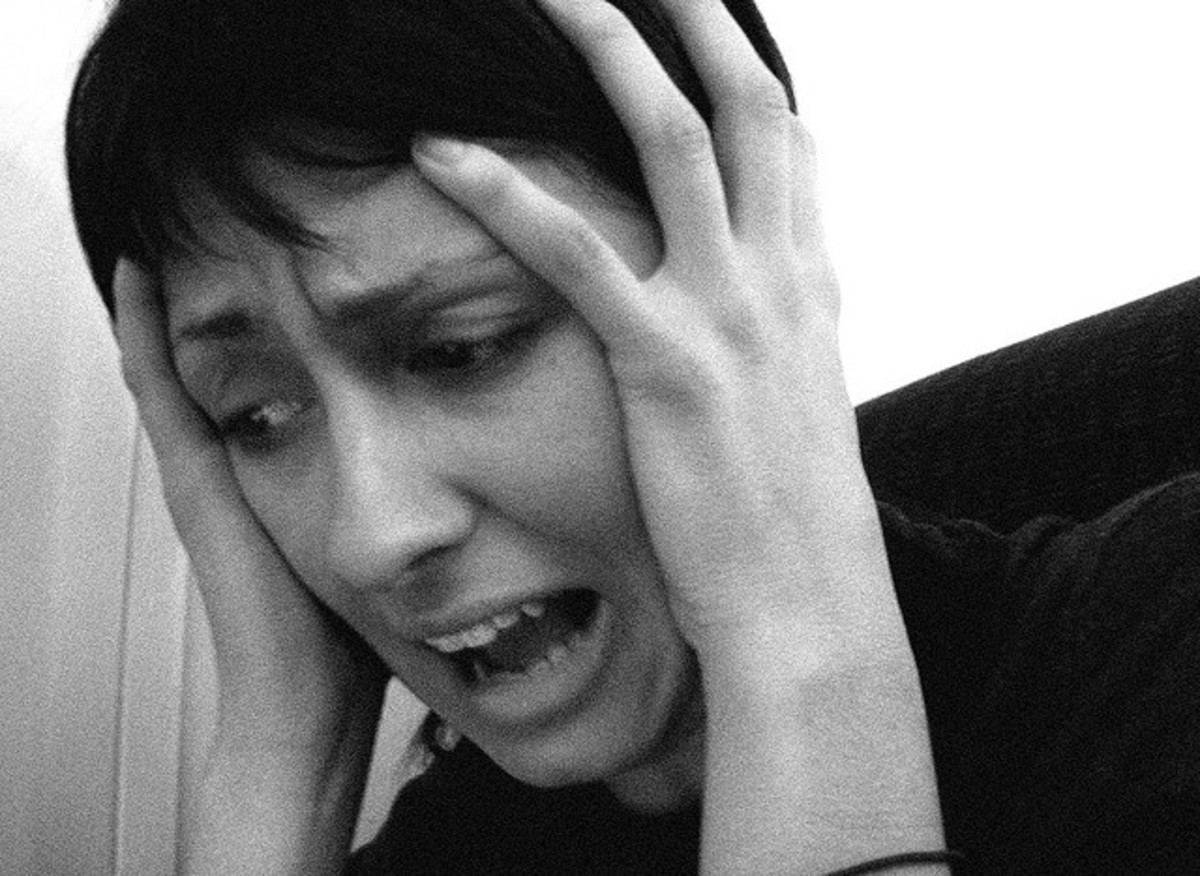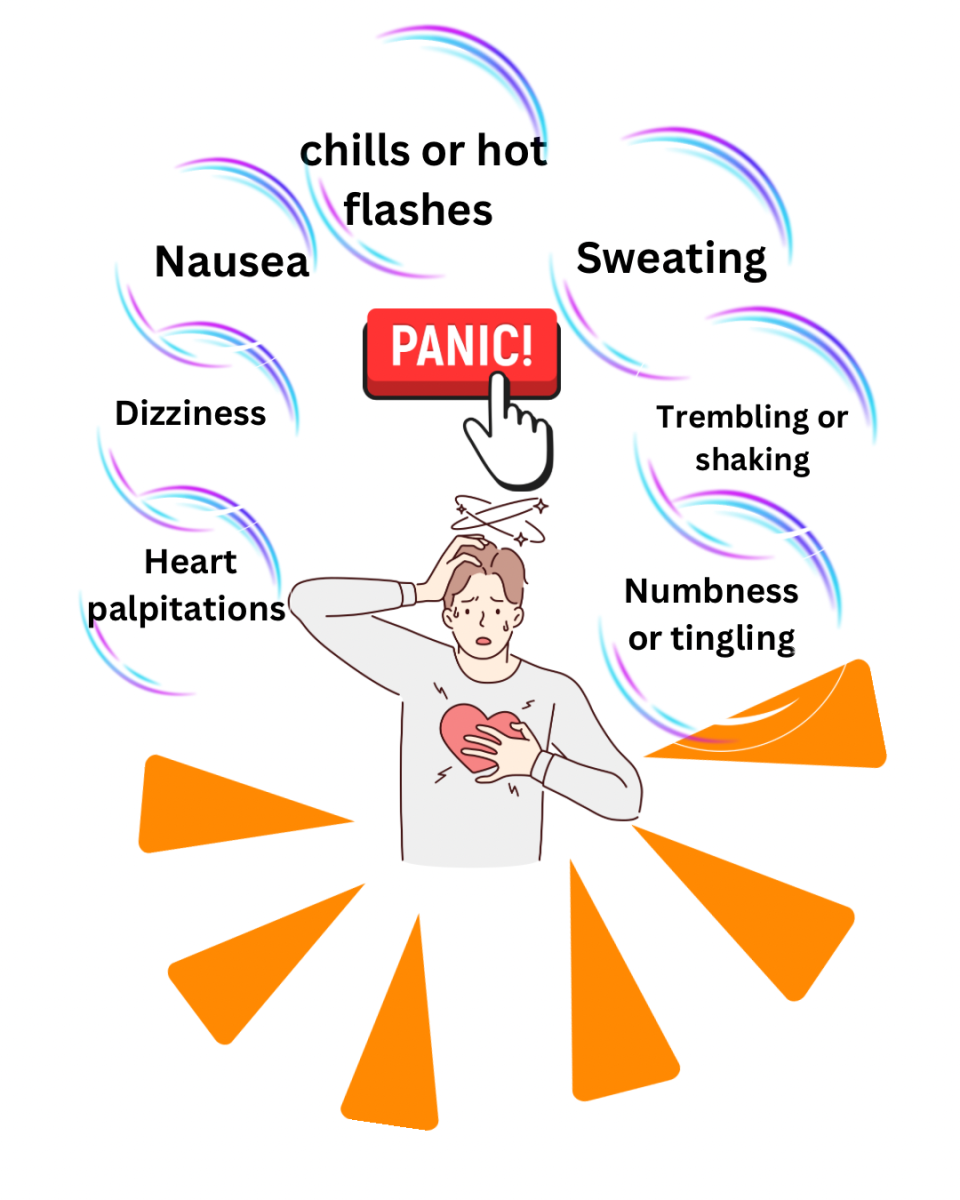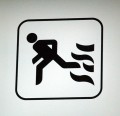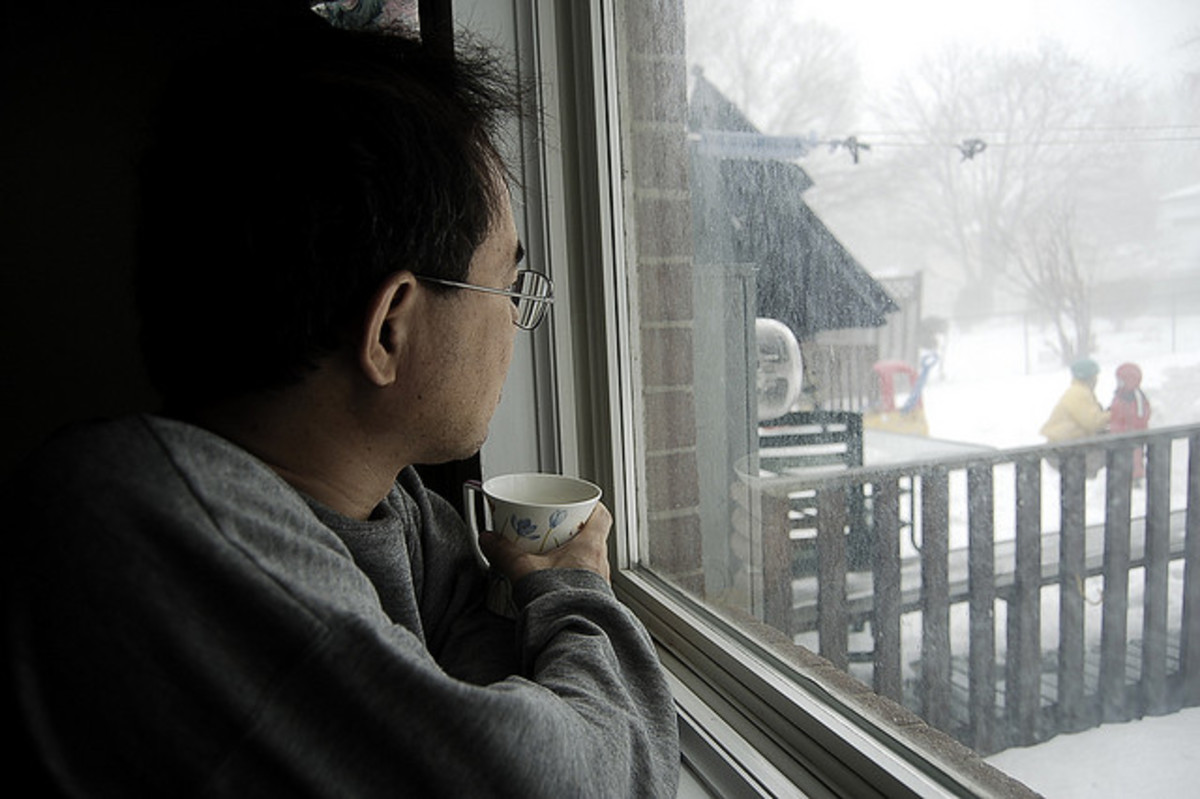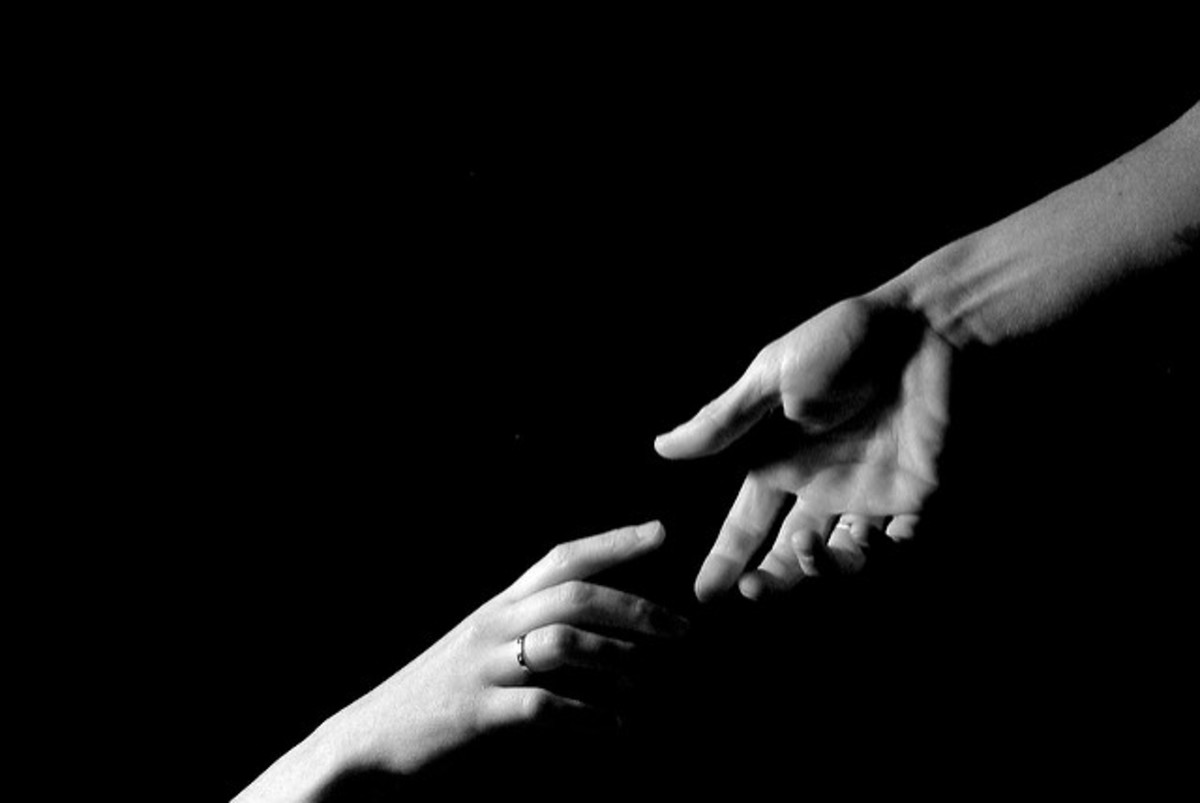Symptoms of Anxiety & Panic Attacks
Do you ever feel like you are in a fog?

The symptoms of anxiety and panic attacks are quite similar. Yet, as you will learn, they occur in different ways.
ANXIETY ATTACKS typically occur in response to a stressor, something that stimulates a reaction. These attacks can be very short lived because when the stressor is gone, so is the anxiety attack.
For example, you are shopping with your toddler when all of a sudden your child is nowhere to be found. You begin to have an immediate anxiety attack: you feel short of breath, your heart races faster and you are afraid that something horrible happened. Just 90 seconds later, you find your child two isles over looking at toys. The anxiety attack subsides.
PANIC ATTACKS typically do not occur in response to a stressor. A panic attack comes out of nowhere. The timing is unpredictable as there is no reason for the panic.
For example, you feel fearful, there is tightness in your chest and your breathing becomes shallow. Yet you have absolutely no idea where these feelings came from. You weren’t upset about anything. You are not afraid of anything. There was no trigger or stressor to make you feel this way.
Do you ever feel you are suffocating in an uncontrollable downward spiral?
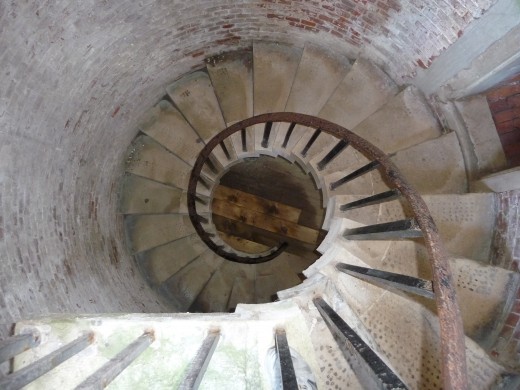
"Panic attacks were once dismissed as nerves or stress, but they're now recognized as a real medical condition. Although panic attacks can significantly affect your quality of life, treatment is very effective."
Source: Mayo Clinic
Anxiety and Panic Attack Symptoms
Whether you are experiencing anxiety or panic attacks, these are some of the more common symptoms that may be prevalent.
- A feeling of being disconnected
- A sudden overwhelming fear
- Sense of imminent death
- Rapid heart rate/palpitations
- Chest tightness/pain
- Hot/sweating or chills
- Dilated eyes
- Altered state of reality
- Shortness of breath/hyperventilation
- Nausea/abdominal cramping
- Headache
- Numbness/tingling sensations/weak muscles
- Dizziness/faintness
- Sense of choking/trouble swallowing
- A feeling of losing control
- Unable to concentrate
Personal Example of a Panic Attack #2
Can you relate?
I walked in to a crowded Super K-Mart store at Christmas time. I was feeling fine. I needed something from the Christmas section that was way in the back of the store. As I was walking through the aisles, my eyes began to feel funny. It seemed like the bright fluorescent lighting was making me squint and begin to have a headache.
When I got to the Christmas area, there were toy trains rolling on their tracks while whistling, wind up stuffed animals singing holiday tunes and the overhead holiday music was playing loud, somewhat overshadowing the noise and commotion in the store around me. I usually enjoy all the holiday cheer, but this day was different.
I began to feel sick. My chest started to feel ‘squeezed.’ But why? I was just fine a few minutes ago. My legs were weak like they did not have the strength to hold me up.
I thought something horrible was happening to me, maybe a stroke or heart attack? I kept thinking, oh my gosh, am I going to die right here in K-Mart among all these strangers? I held on to my cart and headed for the exit.
This episode frightened me to a point where I avoided shopping at Super K-Mart for years.
Personal Example of a Panic Attack #1
Can you relate?
I had just arrived at work, an office job for a local utility. I felt strange and confused. I knew I had lots of work to complete yet I felt like I just couldn’t do it.
I sat in my desk chair, turned my computer on and tried to begin my work. I couldn’t sit still. I stood up, walked around my desk as if I was lost in a fog. I couldn’t concentrate. I was extremely nervous. I knew something was wrong with me but I had no idea what it was. All I knew was that I needed to get out of there. I began sweating, felt like crying and my body seemed numb, especially my face and neck area. I told my boss that something was wrong and I needed to leave. He asked me if I was okay. I simply answered “I don’t know” as I quickly grabbed my belongings and headed for the door. I was scared.
I called my mom and asked her to meet me at the hospital. I drove myself to the emergency room. My heart was pounding and my legs did not want to hold me up yet somehow I walked in to the front desk. I thought I was going to die. “What is going on with me?” I was freaking out. I was extremely impatient. Finally I was called in and the ER doctor gave me meds to calm down, Valium or something, while they ran a slew of tests on me.
After many hours of feeling sick, scared and thinking of so many horrible problems I might be diagnosed with, I was simply told “It was just a panic attack. There is nothing physically wrong with you.”
UNLIKE ANXIETY ATTACKS, PANIC ATTACKS USUALLY DO NOT OCCUR IN RESPONSE TO A STRESSOR
Have you ever experienced a PANIC attack?
Obtain a Proper Medical Diagnosis
Anxiety and panic attacks can be very difficult to manage and may get worse without proper treatment. Plus, the symptoms can often mimic other life-threatening conditions and illnesses. Therefore, it is important to visit a medical professional for an evaluation and accurate diagnosis.
Things You Can Do Immediately to Help Relieve Anxiety and Panic Attack Symptoms
- L-Theanine ~ an amino acid supplement known to relieve anxiety and is also used for natural relaxation due to its calming effect.
- Incorporate relaxation techniques into your daily routine ~ methods such as meditation, deep breathing and muscle relaxation can increase your emotional well being while reducing anxiety.
- Reach out for support from friends and family ~ talk about the anxiety or panic attacks you may be having and ask for help if needed.
- Stick to healthy eating habits ~ eating healthy will help your body stay in balance.
- Limit alcohol, nicotine and caffeine consumption ~ although many think these things help you relax, the truth is they actually lead to more anxiety.
- Exercise regularly ~ exercise is a natural anxiety reliever.
- Get enough sleep ~ a lack of sleep can intensify anxiety and panic attack symptoms.
- Write down things that are bothering you ~ journaling about what is going on in your life, your concerns and worries, is a great way to release these things from your mind and help eliminate anxiety.
Best wishes!
This is Sharyn’s Slant
Disclaimer: Information in this article is for educational purposes only and not intended to replace proper medical advice.
Interested in Writing for HubPages?
Go to the SIGN IN PAGE to get started now!
Want to Follow Sharyn's Slant on HubPages?
Please click HERE TO GO TO THE PROFILE PAGE. Then click on FOLLOW next to the profile picture.

